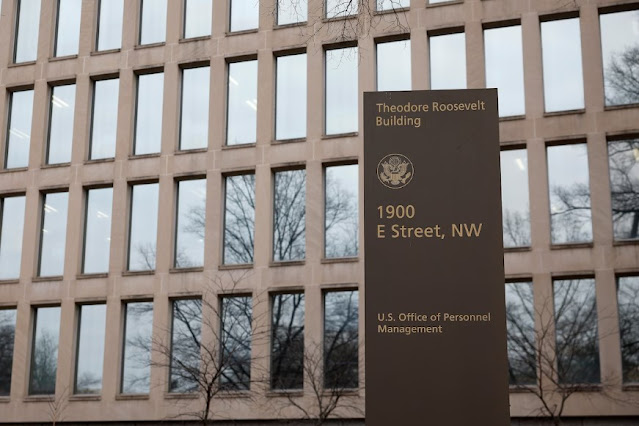Several representatives from billionaire Elon Musk's U.S. DOGE Service were removed from sensitive personnel databases managed by the Office of Personnel Management (OPM) following a Washington Post report that highlighted the unprecedented level of access granted to Musk's associates over highly confidential government information. According to directives from the agency's interim leadership, DOGE representatives were to be withdrawn from two primary systems containing personally identifiable information of millions of federal employees.
This information comes from communications reviewed by The Post and individuals familiar with the situation who requested anonymity due to the sensitive nature of the matter. The systems in question are the Enterprise Human Resources Integration and Electronic Official Personnel Folder, which contain critical data about employees across most federal agencies, including addresses, demographic information, salary details, and disciplinary records. The Post reported that DOGE agents had gained access to these systems, along with "administrative" access to OPM's computer systems. This provided them extensive authority to install and modify software on government-issued devices and, according to two OPM officials, to change internal records of their own actions. The DOGE agents at OPM included individuals in their early 20s as well as personnel from Musk's private companies, based on documents reviewed by The Post.
DOGE stands for the Department of Government Efficiency and is not a Cabinet-level department but rather an office established by President Donald Trump. OPM did not respond to inquiries regarding the removal of DOGE agents from the databases. These changes occurred amid turmoil at the agency, which serves as the federal government's primary personnel unit. Musk’s deputies had arrived with promises to reduce the workforce by 70 percent.
Agency leaders were in the process of evaluating all probationary employees in anticipation of significant layoffs, according to U.S. officials, who noted a sharp decline in morale at OPM.
Senior officials reassigned included both the chief information officer and the chief financial officer, as revealed in a recording of a team meeting this week. In a court filing this week, OPM’s interim leaders contended that access to personnel databases was necessary solely for creating a government-wide email system needed to facilitate the offer of deferred resignations throughout the federal bureaucracy. Amid concerns about whether the government could withdraw this offer, OPM’s interim director, Chuck Ezell, sent a letter to agency employees on Thursday afternoon assuring them, “Bottom line: Agencies will stick to the deal.” This letter followed closely after a federal judge temporarily halted the buyout program in response to a lawsuit filed by unions representing over 800,000 federal workers. In response, the Trump administration extended the deadline to Monday after a hearing scheduled for that afternoon.

